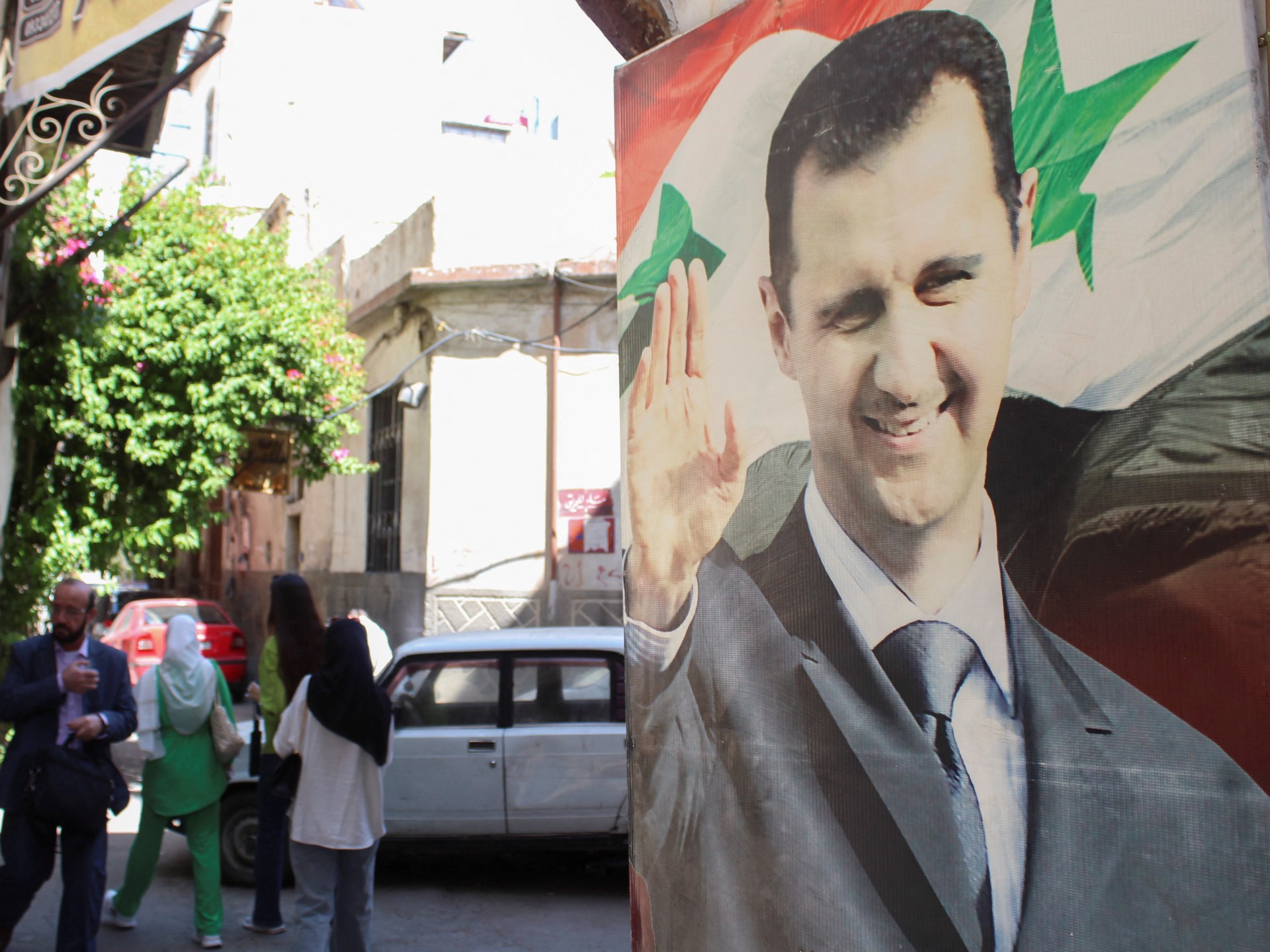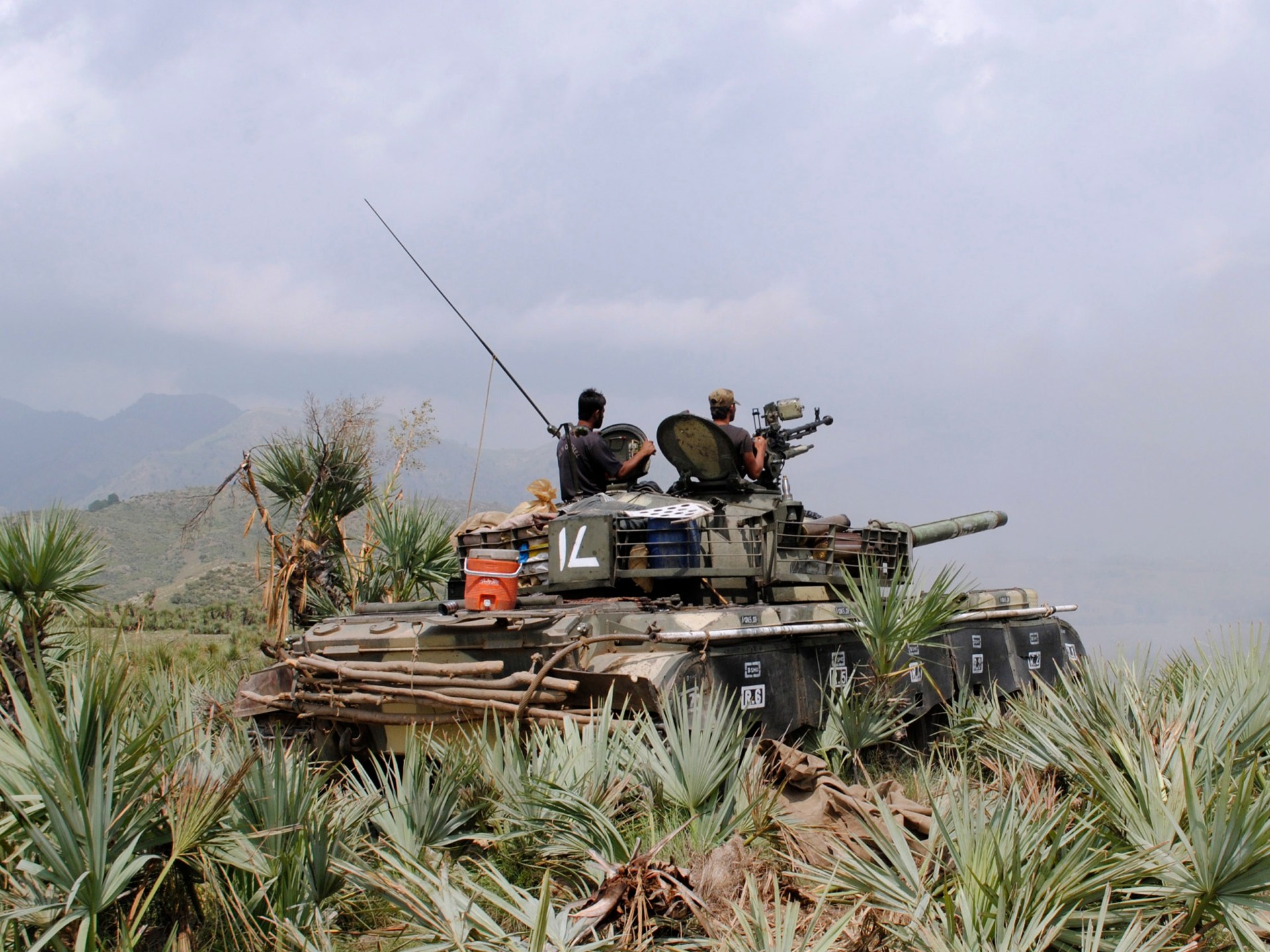

Islamabad, Pakistan – When the Taliban took over Kabul in August 2021, then-Prime Minister of Pakistan Imran Khan famously said the Afghan group had “broken the shackles of slavery” as they returned to power for the first time since 2001.
Taliban’s ascension was seen as a boost to the regional influence of Pakistan, long regarded as the patron of the Afghan group in pursuit of “strategic depth” for Islamabad.
This doctrine reflected Pakistan’s military interest in maintaining a strategic hold over Afghanistan through the Taliban and using it as leverage against India, its traditional adversary.
Three years later, that calculation appears to have flopped, instead leaving Pakistan’s officials fuming at ties with Kabul even as the Taliban edges closer to an unlikely partner: India.
India’s Foreign Secretary Vikram Misri met acting Afghan Foreign Minister Amir Khan Muttaqi in Dubai last week, marking the highest-profile public engagement between New Delhi and the Taliban. That meeting followed a series of steps taken by both sides that suggest a dramatic break from a quarter century of animus and distrust rooted in Pakistan’s support of the Taliban.
Advertisement
If this shift leads to an expansion of Indian influence in Afghanistan, that could strain Islamabad-Kabul ties, warned Iftikhar Firdous, co-founder of The Khorasan Diary, a portal tracking regional security issues. “Ultimately, the Afghan people, reliant on Pakistan’s borders, will bear the brunt of this tug-of-war,” he told Al Jazeera.
Old friend, new partner
From the 1980s when it backed the mujahideen against the Soviet Union through the first two decades of the 21st century, Pakistan was a primary backer of the Taliban, many of whose leaders found shelter on Pakistani soil.
India, by contrast, viewed the group as a Pakistani proxy, shuttering its embassy in Kabul after the Taliban first came to power in Afghanistan in 1996. It blamed the Taliban and its current allies in the government, including the Haqqanis, for repeatedly attacking Indian diplomatic missions in Afghanistan — the embassy in 2008 and 2009, and the Indian consulates in Jalalabad in 2013, Herat in 2014 and Mazar-i-Sharif in 2015.
Yet, a decade later, those equations no longer stand.
December 2024 saw Pakistan and Afghanistan exchanging strikes on each other’s territories, as Pakistan faced its deadliest year of violence, particularly against its law enforcement, since 2016. Pakistan said it was targeting Afghan bases of the Pakistan Taliban armed group, known by the acronym TTP, which Islamabad accuses the Afghan Taliban of harbouring.
Meanwhile, India appeared to have recalibrated its approach, engaging diplomatically with Taliban officials.
Advertisement
The first significant meeting took place in Kabul in November 2024, when JP Singh, joint secretary of India’s Ministry of External Affairs overseeing the Afghanistan, Pakistan and Iran desk, met acting Afghan Defence Minister Mullah Mohammad Yaqoob.
A week later, the Taliban nominated Ikramuddin Kamil as their envoy to New Delhi, even though India is yet to formally recognise the current rulers of Kabul.
And after last week’s meeting between Misri and Muttaqi, the Ministry of Foreign Affairs described India as a “significant regional and economic partner”.
‘Geography does not change’
Some Pakistani analysts say Islamabad has no reason to worry — at least yet.
Asif Durrani, a former Pakistani special representative to Afghanistan, said that Pakistan and Kabul share a relationship deeper than what New Delhi and Kabul share. “India left Afghanistan after the Taliban takeover and has now returned upon assessing mutual business opportunities. Both India and Afghanistan are sovereign nations free to forge ties,” Durrani told Al Jazeera. “Pakistan may not object unless these relations become inimical to its interests,” he added.
Maleeha Lodhi, Pakistan’s former ambassador to the United Nations, United States, and the United Kingdom, echoed this sentiment.
“Landlocked Afghanistan depends principally on Pakistan for trade as well as transit trade. Geography does not change just because India now seeks closer ties with Kabul,” she told Al Jazeera.
But while Afghanistan’s geography hasn’t changed, much else has, in recent years.
Advertisement
While India has poured in more than $3bn in Afghanistan during the last two decades, the primary trade route for the Afghan government remains the Pakistani border, where tensions have been escalating, as Islamabad’s worries about TTP attacks have grown.
The TTP, founded in 2007, shares ideological roots with the Afghan Taliban and has waged a violent rebellion against Pakistan. Data from last year showed more than 600 attacks in Pakistan, resulting in about 1,600 deaths, including nearly 700 law enforcement personnel. Most of these attacks were claimed by the TTP.
Pakistan has held multiple meetings with Afghan authorities, including a visit by its special representative, Mohammad Sadiq, in December after a TTP attack killed 16 Pakistani soldiers.
However, during Sadiq’s visit, who is serving his second tenure in this role, Pakistan’s military launched air attacks in Bermal, a district bordering Pakistan. The Afghan government, which denies sheltering armed groups, stated that the strikes killed at least 46 people, including women and children. Merely days later, Afghan Taliban retaliated, saying they targeted “several points” in Pakistan.
Lodhi pointed to Sadiq’s reappointment as special representative as a sign of efforts to repair ties. “Pakistan and Afghanistan are diplomatically re-engaging to reset relations after a year of intense tensions. Improved relations are a strategic imperative for both nations,” she said.
But the meeting between Misri and Muttaqi last week also included a conversation on a subject that some experts say could be another layer of complexity to Pakistan’s ties with the Afghan Taliban: development of Iran’s Chabahar port by India.
Advertisement
The Chabahar factor
The Afghan Foreign Ministry, in its statement on the meeting between Muttaqi and Misri, said they spoke about enhancing trade using Chabahar port, which can help otherwise landlocked Afghanistan bypass Pakistan to receive and send goods.
Chabahar is in Iran’s Sistan-Baluchestan province, just across the border from Pakistan’s Balochistan province — a resource-rich part of the country where Islamabad has long battled separatist groups. Many of these rebels have sought refuge in Iran.
Iran launched air raids on Pakistani soil in January 2024, targeting alleged hideouts of anti-Tehran armed groups that have found shelter in Balochistan. Pakistan also retaliated with its strikes.
While tensions between Iran and Pakistan following those strikes eased, Islamabad has long accused New Delhi of fomenting the Baloch nationalist movement.
Pakistan has cited the 2016 arrest of Kulbhushan Yadav, alleged by Islamabad to be an Indian spy operating in Balochistan. India denies the charges, claiming Yadav was abducted from Iran.
“Indian involvement in Balochistan and its support for separatists is a longstanding Pakistani narrative, underscored by Yadav’s capture,” Firdous said.
Against that backdrop, “references to Chabahar port and its involvement in Afghan-Indian trade will be seen by Pakistan as interventionist,” the Peshawar-based analyst added.
Related News
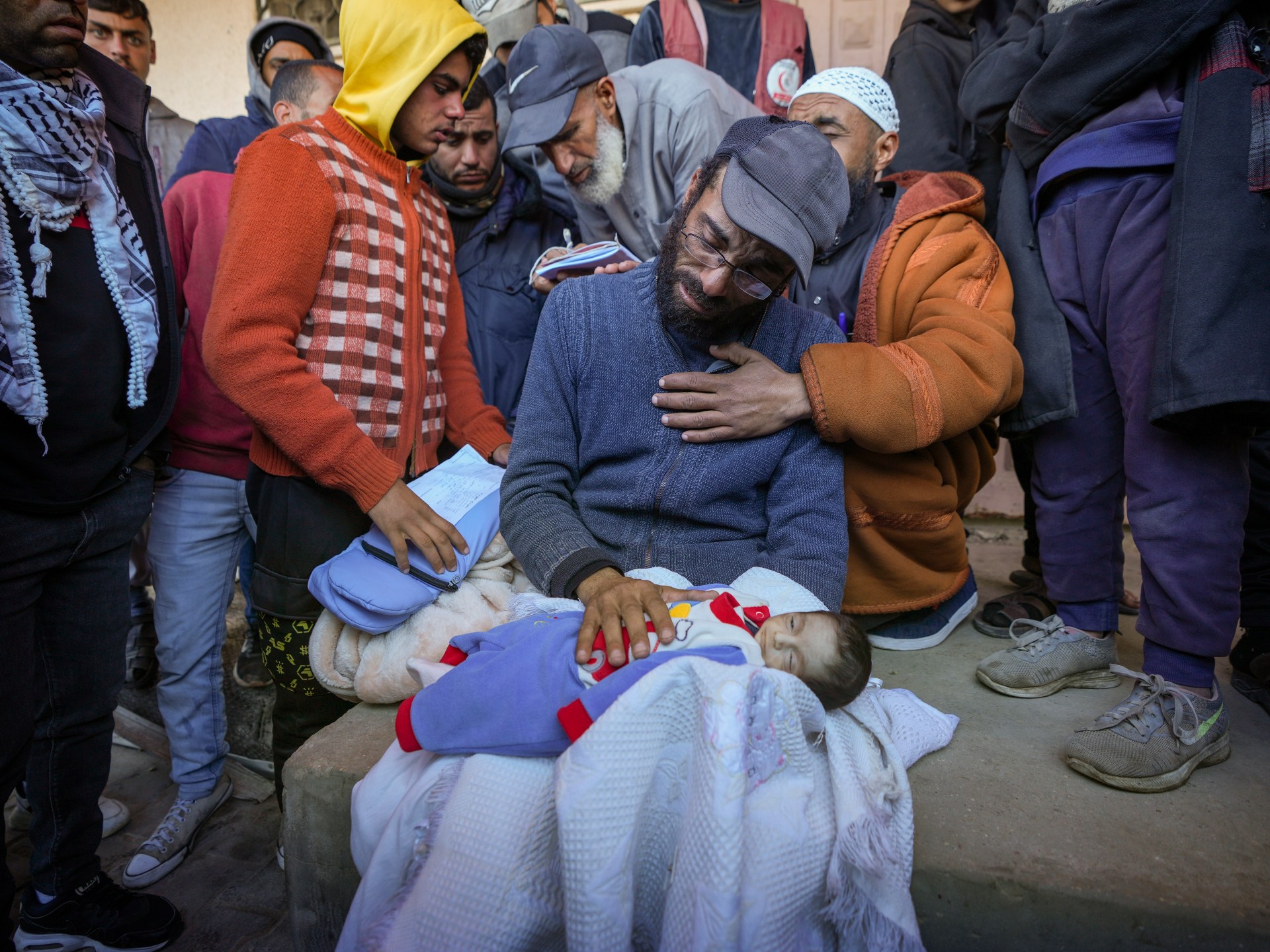
Twenty-day-old baby dies of cold in Gaza, fifth such fatality this winter
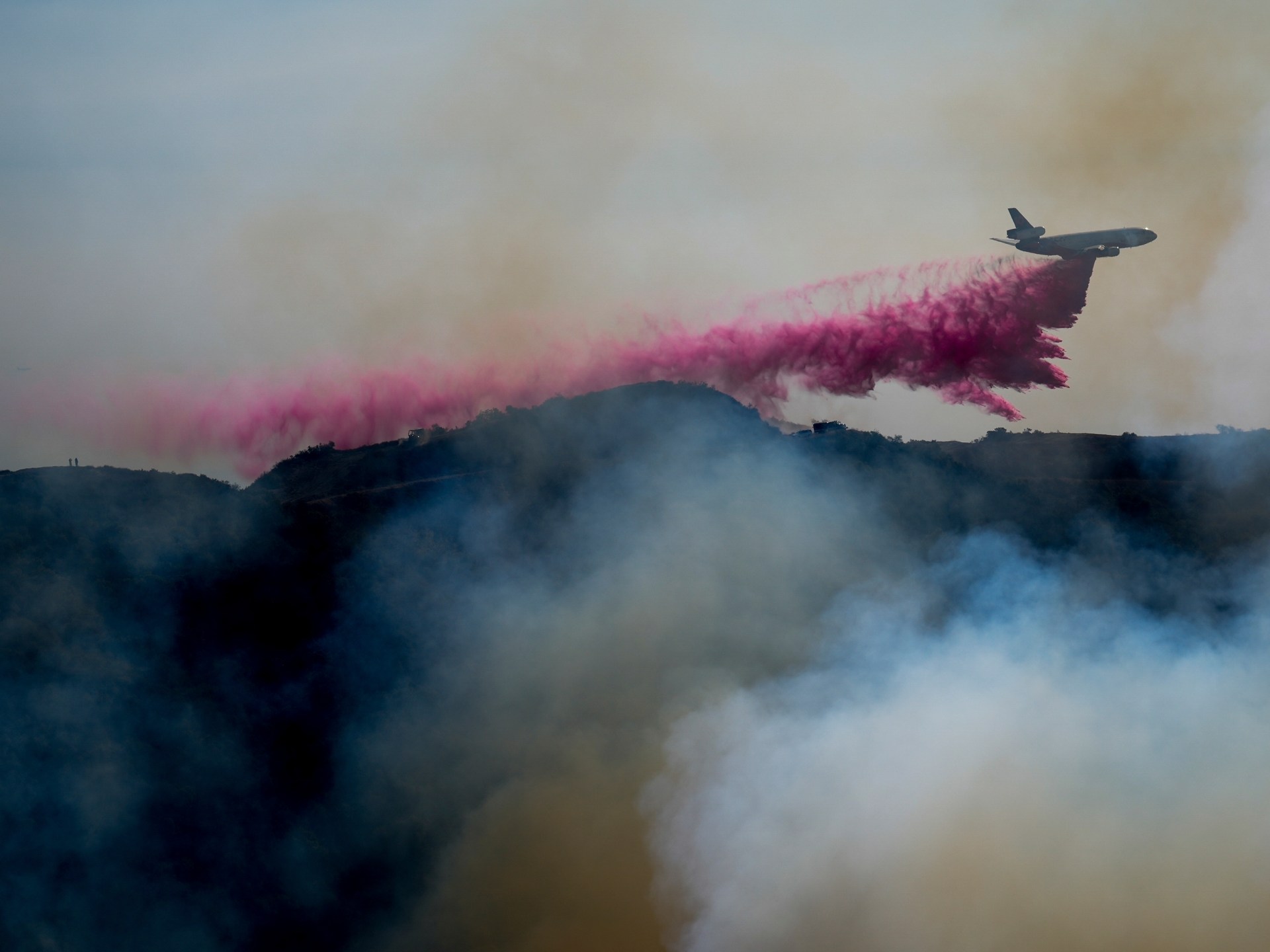
LA wildfires day 9: What’s the latest, who are victims and what’s next?
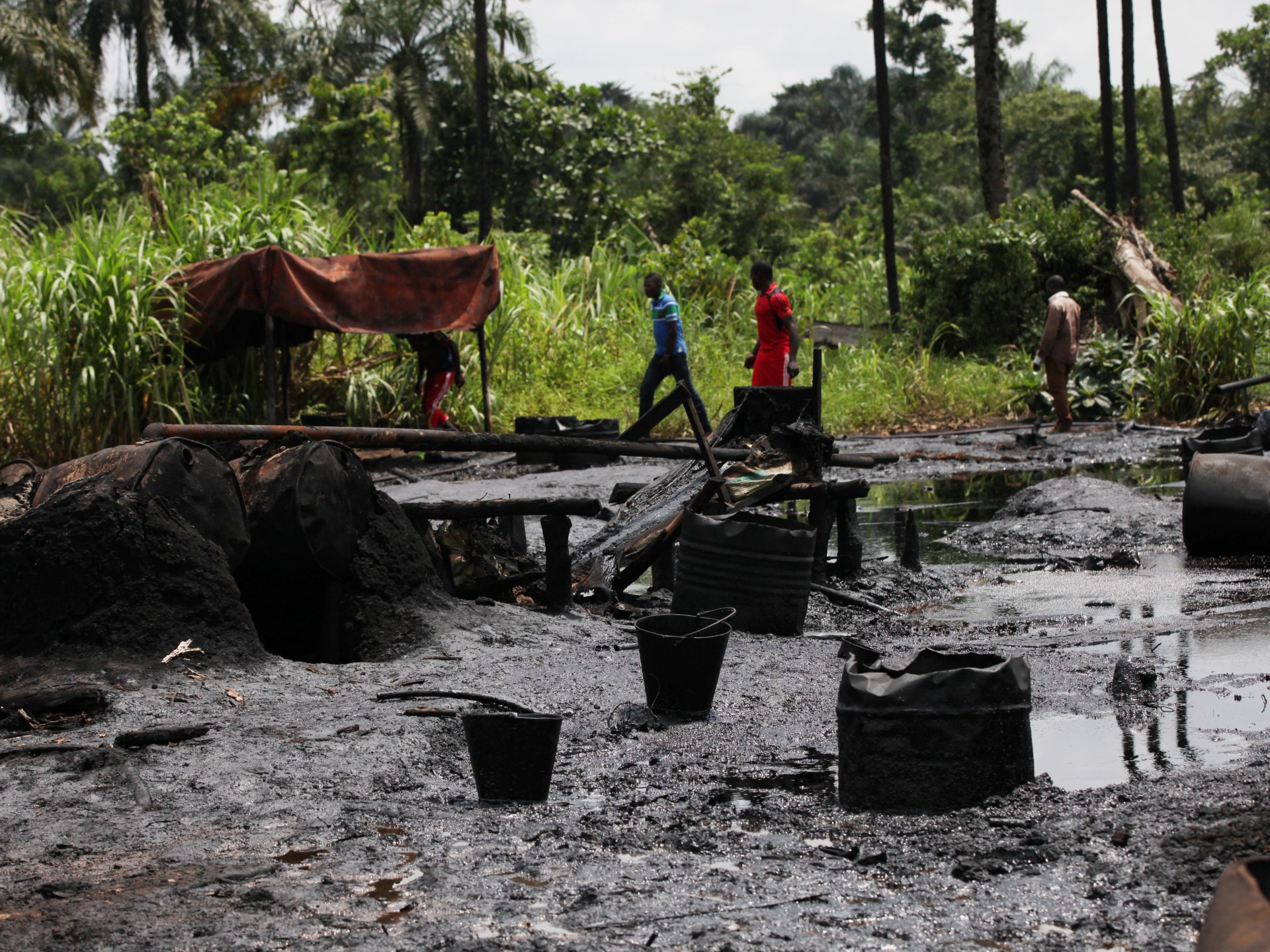
In Nigeria’s crude capital, a plan to win the war against oil theft
